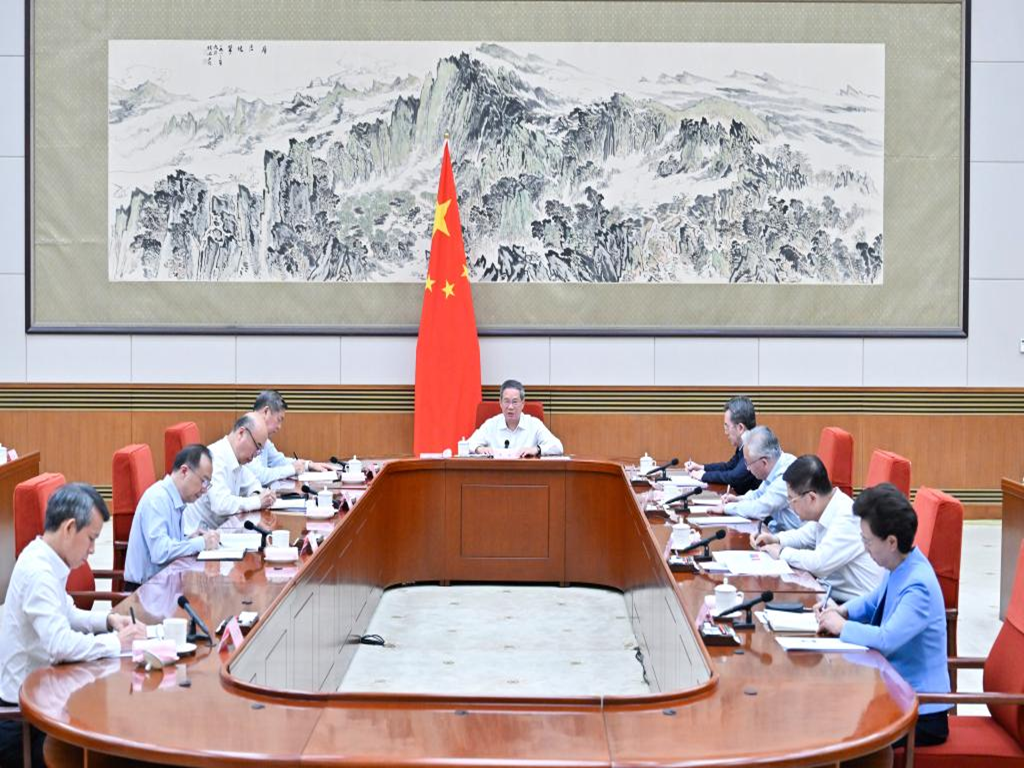Chinese premier urges high-quality development of elderly care services

Chinese Premier Li Qiang on Monday emphasized the need to actively respond to population aging and promote the high-quality development of elderly care services.
Li made the remarks at a study session held by the State Council.
Noting that population aging will be a basic part of the Chinese situation for quite some time to come, Li said it is not only necessary to attach great importance to the challenges brought about by aging, but also to recognize the new development opportunities that aging presents.
Li stressed the need to develop home and community-based elderly care services, improve the rural elderly care services network, and support local governments in providing mutual-aid elderly care based on actual local conditions.
To respond to the care needs of elderly people with disabilities, Li called for efforts to promote the integration of medical and health care with elderly care, increase the supply of nursing home beds, and develop long-term care services.
The government will strengthen financial security to support the elderly, improve the unified national management system for basic old-age insurance funds, and develop a multi-tiered and multi-pillar old-age insurance system, he said.
He called for active efforts to tap into elderly human resources and create diverse jobs that are tailored to the population group.
He also stressed the importance of expanding and improving the silver economy to meet the needs of the elderly in an improved manner.
Wu Yushao, a professor at Fudan University, gave a lecture at the session. Vice Premier Liu Guozhong, State Councilor Wang Xiaohong and State Councilor Shen Yiqin participated in discussions.
China, like many other nations, is undergoing a demographic shift. By the end of 2023, the population aged 60 or above had reached 297 million, including 217 million people aged 65 or above, which accounted for 15.4 percent of the total population.